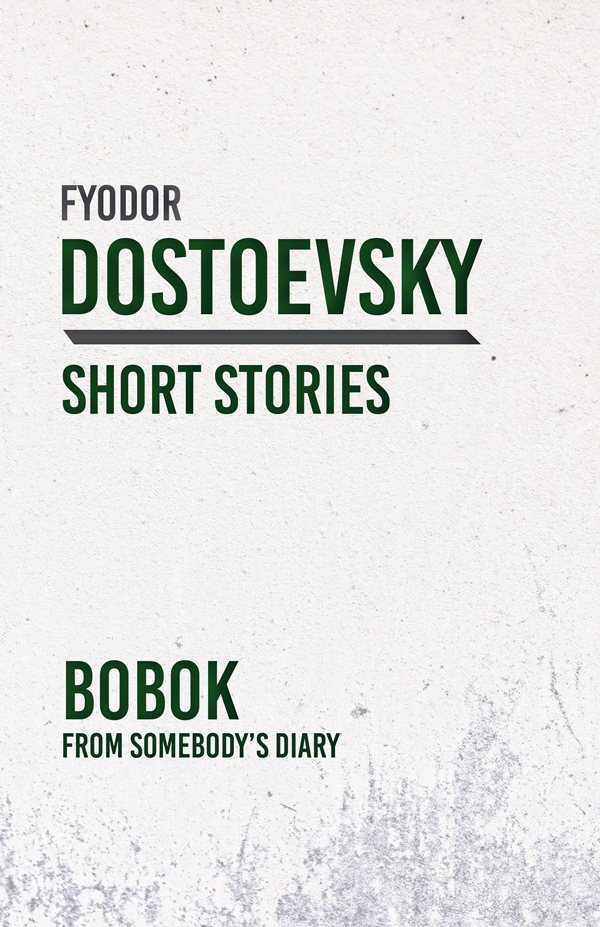
The highly regarded animated show Long Story Short has been striking a chord with me ever since Netflix debuted all 10 episodes of its inaugural season in late August. Developed by Raphael Bob-Waksberg (BoJack Horseman), the series reinterprets the well-known themes of growing up and familial issues through a creative, time-hopping narrative. It has been pulling at my emotions and grief journey while bringing laughs during moments of poignant recognition.
The narrative centers around the Schwoopers, a Jewish family living in the San Francisco Bay Area. Their last name is a blend of matriarch Naomi Cooper (voiced by Lisa Edelstein) and patriarch Elliot Schwartz (Paul Reiser), passed down to their three children: Avi (Ben Feldman), Shira (Abbi Jacobson), and Yoshi (Max Greenfield).
In contrast to other animated series featuring families, Long Story Short showcases these characters at various ages, jumping through time to encapsulate snapshots of parenting, loss, beliefs, significant milestones, and changing relationships. Even the opening credits, set to Jesse Novak’s lively theme, showcase different images of the Schwoopers in each installment. (Fight the temptation to hit that “skip intro” button!)
Experiencing those moments parallels my grief journey after losing both my parents within a three-year span. I have been rewatching old family videos and browsing through family pictures I haven’t laid eyes on in years, traveling through time from the comfort of my couch, reliving holidays, birthdays, and vacations, reconnecting with long-absent loved ones and faces I haven’t considered in ages.
Long Story Short elegantly — and quite literally — depicts the flow of time and the intricate emotions it brings. The series feels like an exercise in wish fulfillment, tapping into the yearning to observe my family from an almost all-knowing perspective: to rewind and fast-forward through experiences, drawing connections between the past and the present, and seeing how they influence one another.
Nostalgia, meatloaf, and Michael Bolton
In Episode 4, “Shira Can’t Cook,” Shira battles to master her mother’s knish recipe for a school potluck. She aims to make Naomi proud, and in one poignant scene, Shira gets emotional while going over her mother’s handwritten guidelines, realizing how much love was infused into Naomi’s cooking in her youth.
Every now and then, I attempt to replicate my late mother’s distinctive meatloaf, a dish she made every Monday for our extended family gatherings. She adored hosting dinners, particularly during the holidays, in our apartment in New Rochelle, New York. I’ve continued that tradition in my own fashion, hosting an annual holiday cocktail party in my L.A. apartment. I even unearthed her handwritten anisette cookie recipe — her favorite Christmas delight — and keep it on my refrigerator as a token of her affection.
These evoked memories don’t feel all that distant, but time continues its relentless passage because that’s its nature. Opening the floodgates of nostalgia has brought me face-to-face with life’s fragility, reminding me of a lyric from Michael Bolton, one of my mother’s cherished artists: “Nothing heals a broken heart like time, love, and tenderness.”
Reconnecting with my younger self for healing
Long Story Short also addresses the impact of the pandemic through subtle references (see: “Wolves” and “Uncle Barry”), prompting me to reflect on the time with my parents that felt taken from me during that period. Though I eventually endeavored to recover that lost time, it always felt insufficient, as I soon lost my father in 2021 and then my mother in 2024. It’s an emotional battle akin to what the older Schwooper siblings contend with as they contemplate their own losses.
Yet, revisiting my family’s old home videos has revealed that I had many wonderful experiences with my parents. Even though my awkward, pre-adolescent self avoided the camera at all costs (I never liked hearing my own voice), I can now unwind and appreciate the moments that were captured. I can feel thankful for what I shared with them. And if I could, I would embrace my younger self tightly, reassuring him that he will eventually discover his voice, his confidence, and more reasons to feel secure in who he is.
Engaging with Long Story Short while reflecting on these memories has ultimately allowed me to cultivate greater compassion for myself, for my experiences, and for the stages I traversed throughout my life. That compassion continues to endure, particularly as I navigate my grief for my parents.
Facing so many “if only I had knowns”
In Episode 2 of LSS, “Hannah’s Dance Recital,” Avi and Shira come to realize that they recall a family outing to the Jersey Shore quite differently. For Avi, what appeared to be a harmless choice to leave his sister behind and play with some kids on the beach turns out to be a painful act of abandonment for Shira when she is left isolated and